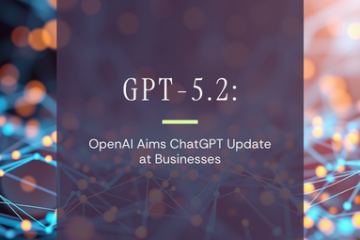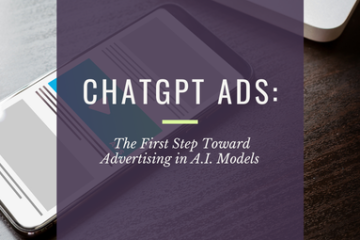
- According to a report by Datos that SearchEngineLand covered, Google has managed to retain its standing in search even as A.I. search engines continue to grow in popularity.
- A factor that may affect this is the recent antitrust ruling, which could ultimately lead to challenges in A.I. development for Google.
- Notable competing search engines include Microsoft’s The New Bing, You (i.e., You.com), and Perplexity.
- Google itself has been testing its own A.I. prowess in search with its summer-2024 trial-run of A.I. Overviews. That feature was quickly pulled down after numerous complaints by people. However, it is worth saying that Google still got enough valuable data from that trial-run that was more than enough compensation for whatever reputation damage the company incurred.
- One of the things that Google has going for it is that it is not only the most well-known name in search, but it has also shown the public that it is serious about integrating A.I. in search. This could discourage users from jumping ship to an A.I. search engine just yet.
Is It Too Early to Say?
Good question! As of this writing, OpenAI’s SearchGPT is still in development and not yet available to the wider public.
The writer of this blog imagines that the release of this search feature within ChatGPT will likely be the most high-profile example that the public consciousness accepts of what a viable A.I.-powered search alternative to Google can achieve.
Until that release, it is reasonable (in this writer’s opinion, at least) to expect that Google may indeed see its grip on search queries loosen, even just a tad, once the large number of ChatGPT users get to perform searches within that generative-A.I. platform.
And another huge factor that could affect Google’s strength in search is the August-2024 antitrust ruling that very publicly branded Google a “monopolist” in search.
Google’s A.I. Search Experience May Take a Hit from the Antitrust Ruling
What is the connection between that ruling and Google’s A.I. efforts?
The ruling does not specifically prohibit Google from developing A.I.-powered search engines. But what the ruling may lead to is a decrease in search traffic for Google.
Consider that one of the key arguments in the case against Google was the stance that anticompetitive conduct came in the form of Google’s multibillion-dollar contracts with companies like Apple to make the Google search engine the default on those companies’ devices and services.
Given how integral those contracts were in forming the disfavorable ruling, this writer believes that it is highly unlikely that these lucrative contracts will continue to be a part of Google’s strategy.
If so, consumers may shift to other search engines, which can have a significant impact on Google in the form of a vicious cycle.
Using those other search engines means that Google Search is generating less data that the company can in turn use to further optimize its product’s search experience.
And with less data to continually optimize the search experience, then Google search will not be as great as it could be if, say, it continued to be by lucrative-contract the default search engine on the enormously popular Apple devices.
Less quality results could mean that users may feel tempted to jump ship to other search engines, like the long-running little-engine-that-could DuckDuckGo that is now at the level of advertising on prime-time television programs.
Less users means less advertisers for Google. Less advertisers for Google means seeing a decrease in its main source of income. Less income means less money to spend on the extremely expensive pursuit of developing artificial intelligence platforms.
What that could lead to is an A.I.-powered Google Search that does not stack up favorably against something like SearchGPT. If users feel that SearchGPT is superior to the A.I. Google search engine, then we may see a stronger division in search-engine use among Internet users.
The Outlook for Business Owners
If you happen to be a business owner who depends on the Internet for growing your business, then you are likely well aware of how integral Google is to success online.
So, it would be natural for you to be more than a little concerned about the prospect of there being less users, some of whom could be potential customers, on the search engine that you spend a lot of time trying to rank your web site on.
The good news is that there could potentially be a balancing effect here. The less dominant that Google is over search, business owners are likely to get more competitive prices on Google Ads, which some analysts believe currently offers inflated prices because of Google’s dominance.
Overall, business owners should prepare to have to split focus between advertising on Google and other search platforms, as there will likely be other important baskets to put one’s eggs in as A.I. search continues to develop.





